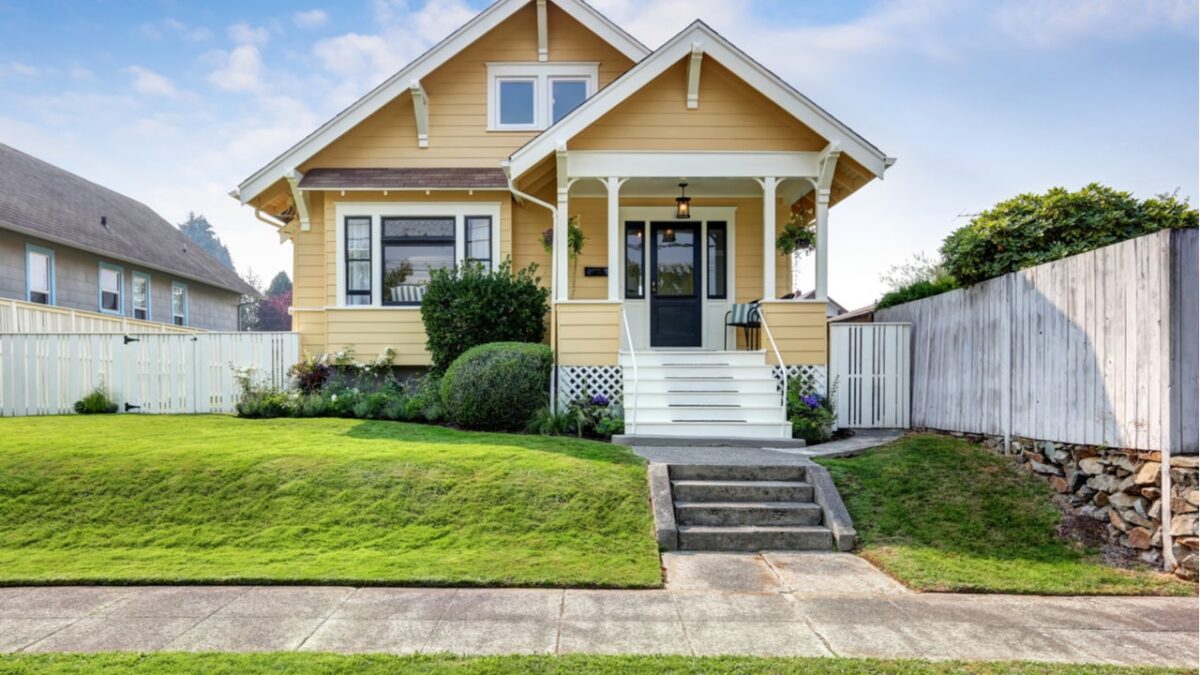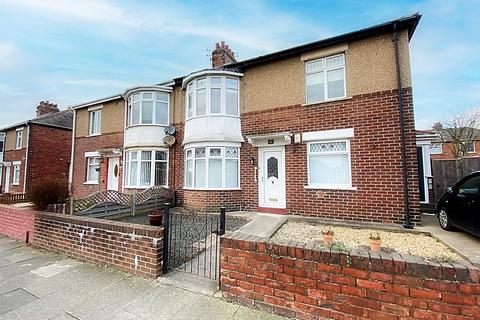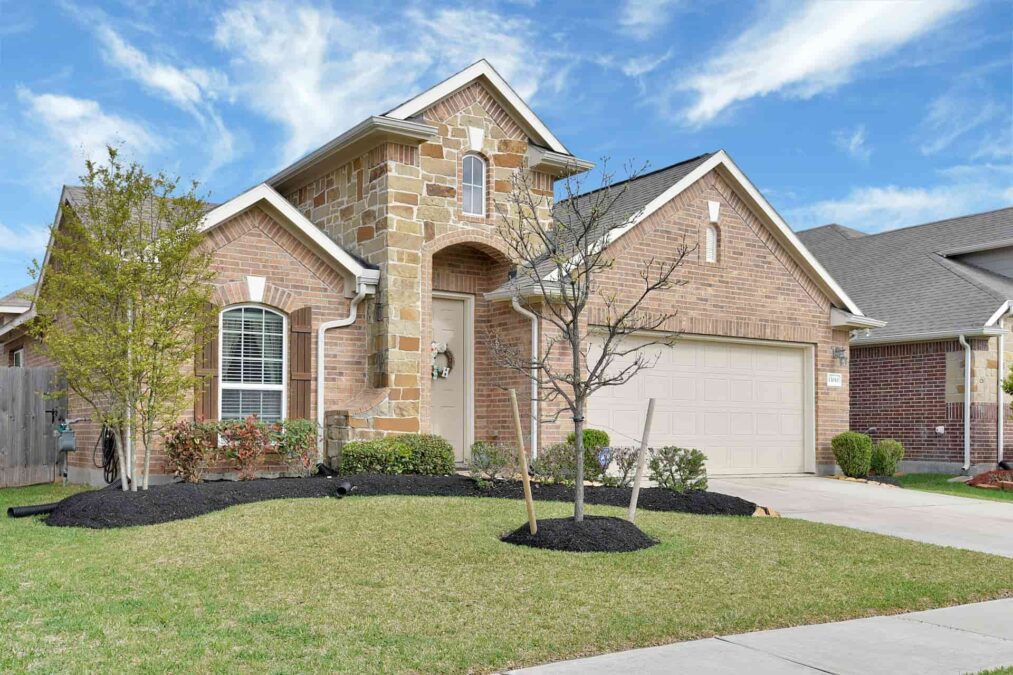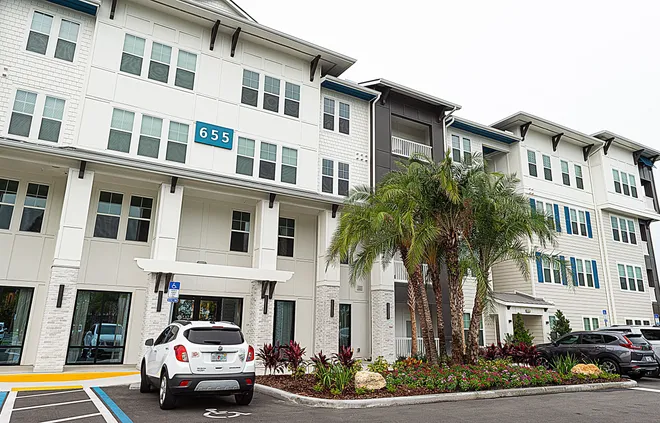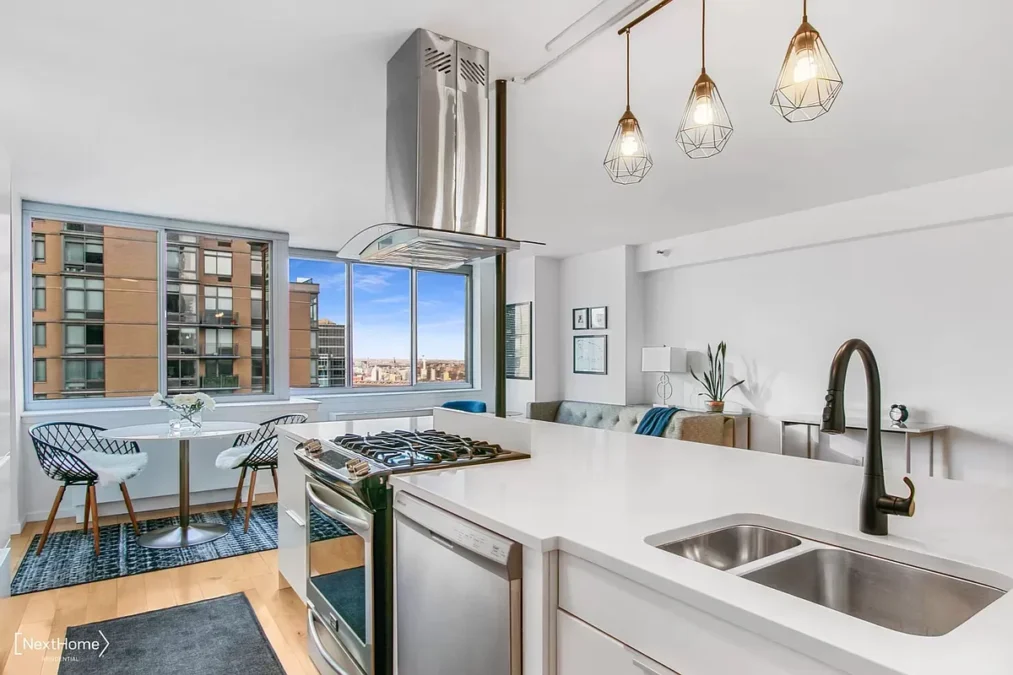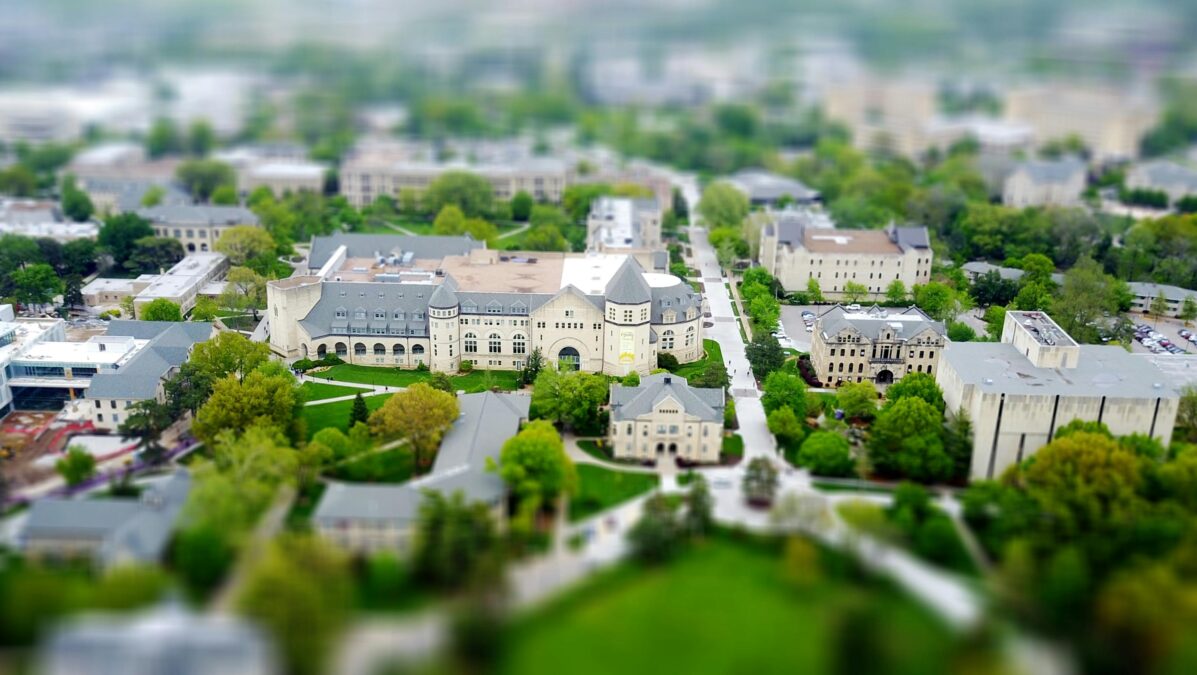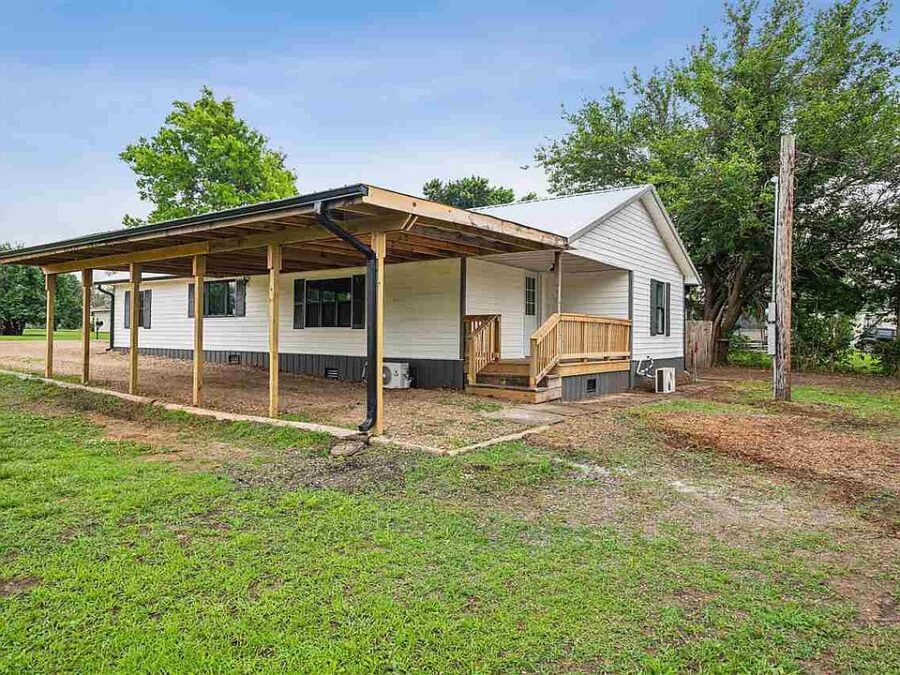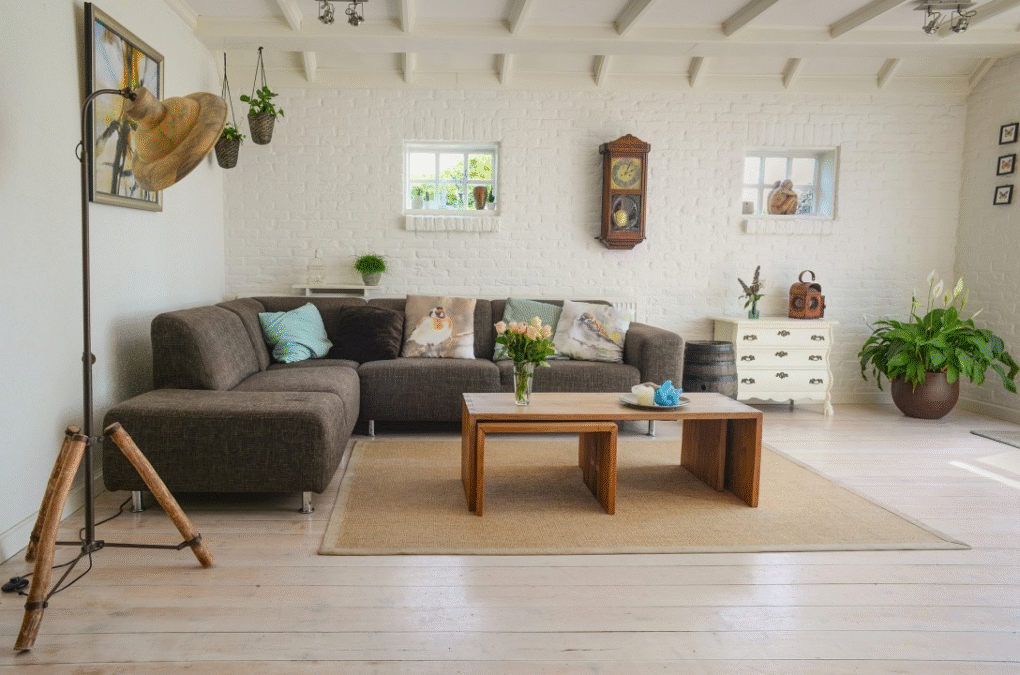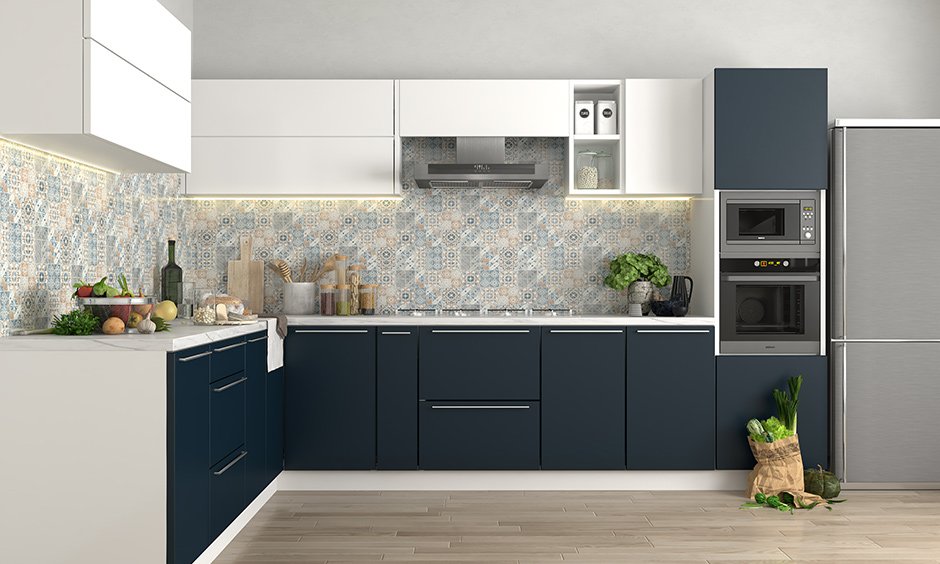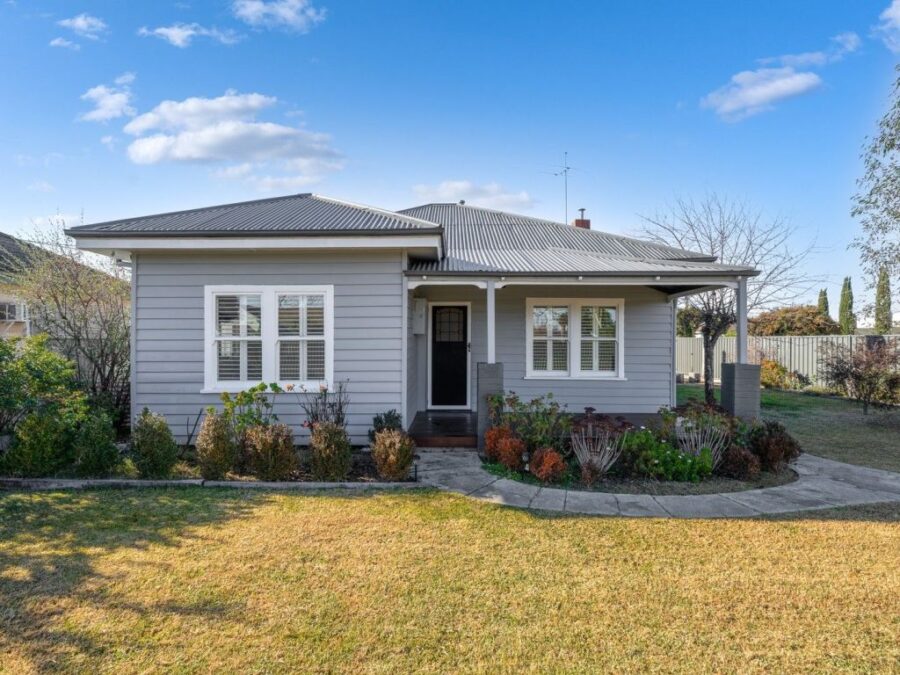If you’re considering buying, selling, or investing in Asheville real estate, you’re not alone. Nestled in the Blue Ridge Mountains of western North Carolina, Asheville has become one of the country’s most desirable real estate markets, thanks to its unique mix of natural beauty, vibrant culture, and strong housing demand. Whether you’re a first-time homebuyer, retiree, investor, or relocating professional, understanding the Asheville real estate landscape is crucial for making smart, informed decisions.
In this in-depth guide, we’ll explore everything you need to know about the Asheville real estate market — from home prices and trends to neighborhoods, investment potential, and expert tips. By the end, you’ll feel well-equipped to navigate this exciting (and competitive) market.
Why Asheville Real Estate Is in Demand
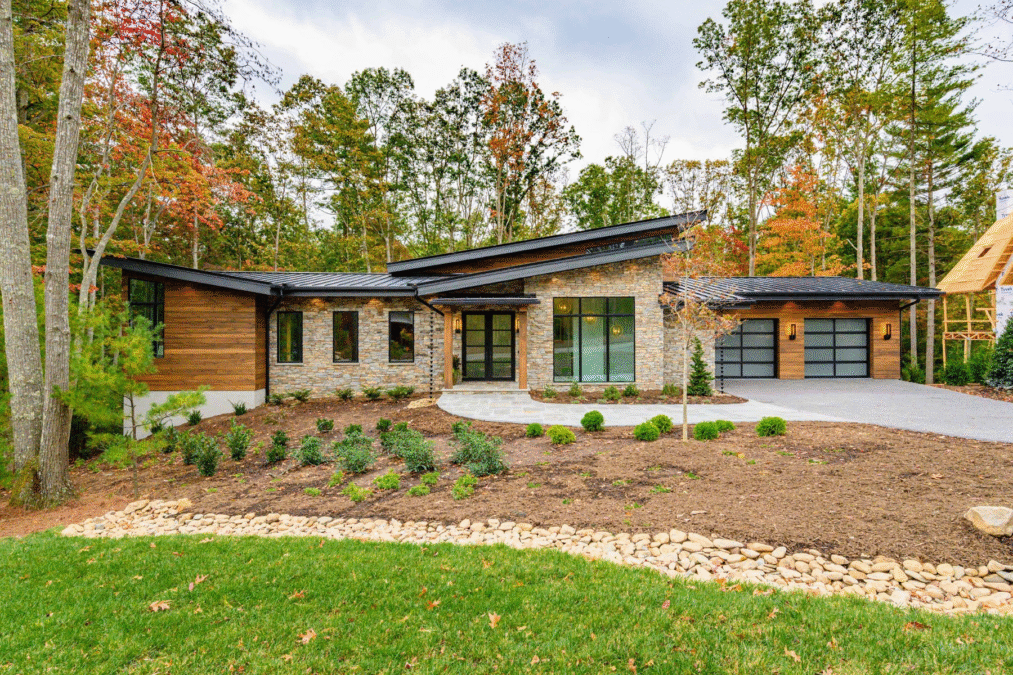
A Unique Blend of Nature and Culture
Asheville offers something rare: small-town charm with big-city amenities. With its thriving arts scene, top-notch restaurants, craft breweries, and year-round outdoor recreation, Asheville attracts a diverse mix of residents — from young professionals and retirees to families and digital nomads.
Population and Growth
According to U.S. Census Bureau estimates, Asheville’s population has grown steadily over the past decade, with over 95,000 residents in the city and more than 460,000 in the metro area. This population growth has fueled robust demand for housing, making Asheville real estate a hot commodity.
Asheville Housing Market Overview

Current Home Prices
As of 2025, the median home price in Asheville is approximately $475,000, up nearly 7% from last year. Home values have appreciated consistently over the past decade, making Asheville one of the most resilient markets in the Southeast.
Market Trends
- Low inventory: Homes often sell quickly, with many receiving multiple offers.
- Strong rental demand: Asheville’s short-term rental market is booming, especially in areas near downtown.
- Luxury growth: The luxury home market is thriving, particularly in neighborhoods like Biltmore Forest and North Asheville.
Best Neighborhoods in Asheville
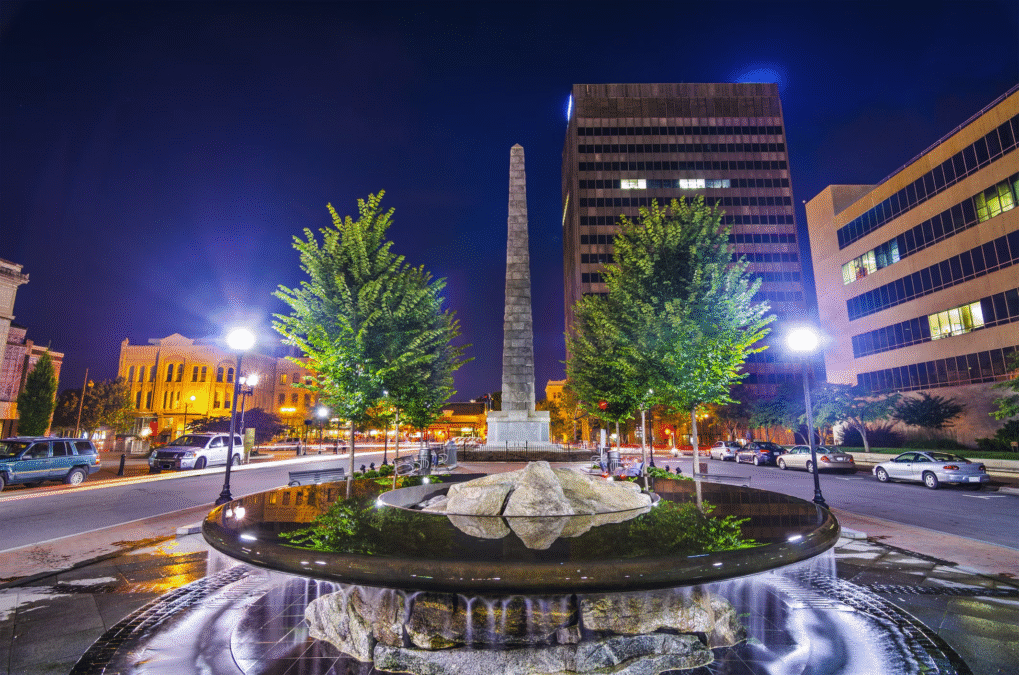
Downtown Asheville
The heart of the city, downtown offers historic architecture, walkability, and a lively cultural scene. Expect higher home prices and a mix of condos, lofts, and historic homes.
West Asheville
Trendy and eclectic, West Asheville is known for its hip vibe, local businesses, and revitalized bungalows. It’s popular with young buyers and investors.
North Asheville
A classic choice for families and retirees, North Asheville features stately homes, golf courses, and access to the University of North Carolina at Asheville.
Biltmore Forest
One of Asheville’s most prestigious neighborhoods, Biltmore Forest boasts luxury estates, manicured landscapes, and proximity to the historic Biltmore Estate.
South Asheville
With newer subdivisions, shopping centers, and top-rated schools, South Asheville appeals to families looking for more space and modern homes.
Buying a Home in Asheville: What to Expect
Competitive Bidding
With limited inventory, buyers should be prepared for multiple-offer situations. Consider getting pre-approved and working with a local agent to gain a competitive edge.
Financing Options
Conventional loans, FHA loans, and VA loans are commonly used. Jumbo loans may be needed for luxury properties.
Closing Costs and Taxes
Expect closing costs of 2–5% of the purchase price. North Carolina’s property taxes are relatively low, averaging 0.84% of assessed home value.
Investment Opportunities in Asheville
Short-Term Rentals
With its steady flow of tourists, Asheville is a prime market for Airbnb and VRBO rentals. Be sure to check local regulations, as some neighborhoods have restrictions on short-term rentals.
Long-Term Rentals
The demand for long-term rentals is also strong, driven by a growing workforce and retirees relocating to the area.
Commercial Real Estate
From boutique hotels to retail spaces, Asheville’s commercial sector is expanding, offering investment opportunities for those looking beyond residential properties.
People Also Ask
Is Asheville a good place to live?
Yes! Asheville offers a high quality of life, excellent healthcare, outdoor activities, and a vibrant cultural scene.
Is Asheville real estate overpriced?
While prices have risen, many experts believe Asheville’s real estate still offers good long-term value compared to larger metro areas.
What is the rental market like in Asheville?
The rental market is strong, with high demand for both short-term and long-term units.
Are there affordable neighborhoods in Asheville?
Look at areas like East Asheville or nearby towns like Weaverville and Black Mountain for more budget-friendly options.
Tips for Buyers and Sellers
For Buyers
- Get pre-approved for a mortgage.
- Work with an experienced Asheville real estate agent.
- Act quickly when you find the right property.
For Sellers
- Stage your home and price it competitively.
- Highlight outdoor features like patios or gardens.
- Consider professional photography and virtual tours to attract out-of-town buyers.
Expert Insights
According to the Asheville Board of Realtors, homes in Asheville stay on the market for an average of 28–40 days, and the market remains strong despite national slowdowns. Local agents recommend focusing on neighborhood trends and using professional negotiators in competitive bids.
Conclusion
Asheville real estate offers a dynamic mix of charm, opportunity, and investment potential. Whether you’re drawn to the artsy downtown, peaceful suburbs, or luxurious estates, there’s a place in Asheville to fit your lifestyle and goals. With smart research and the right team, you can confidently navigate this competitive market and find your ideal home or investment.



